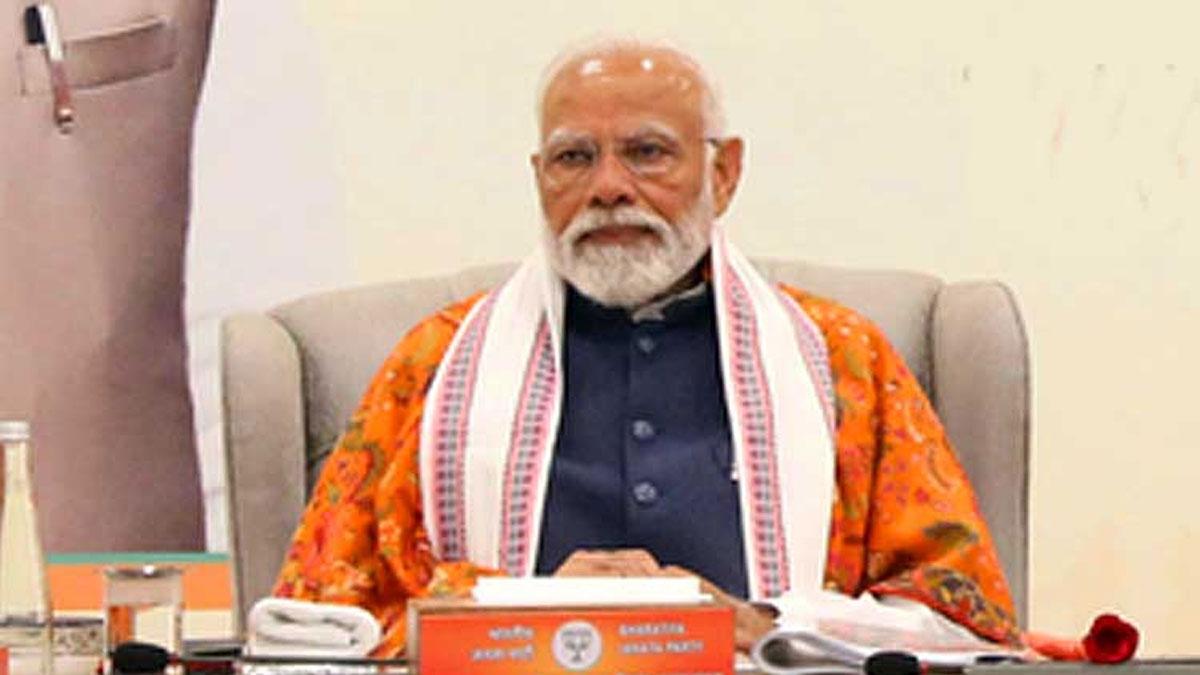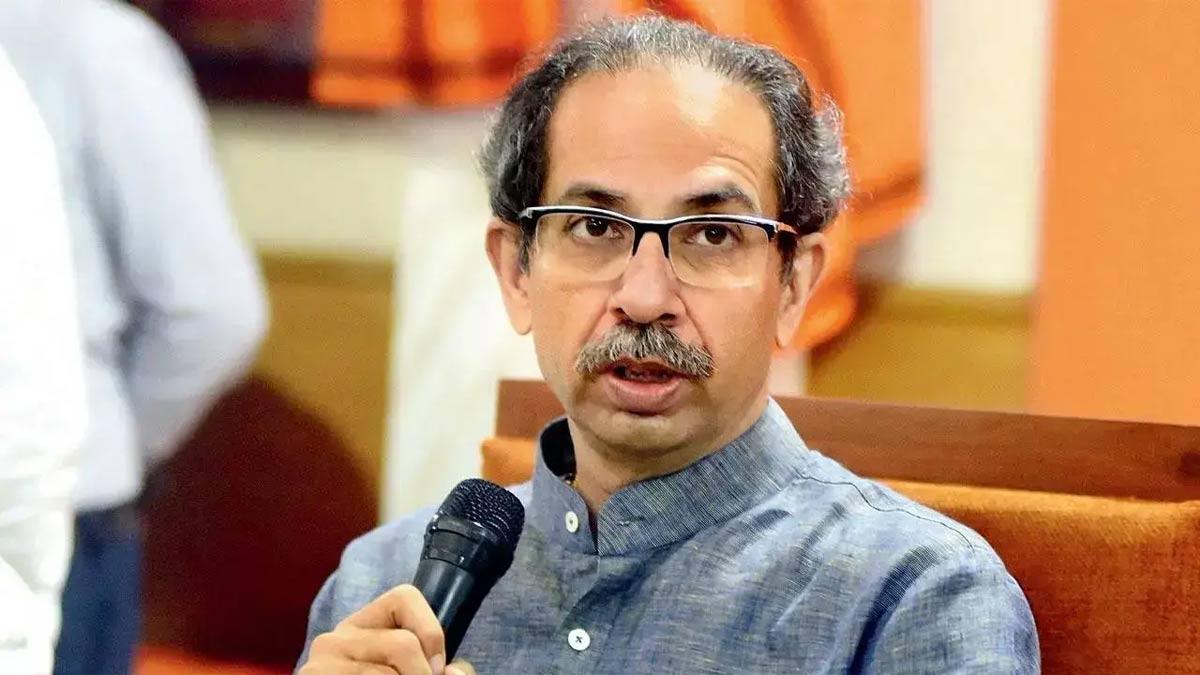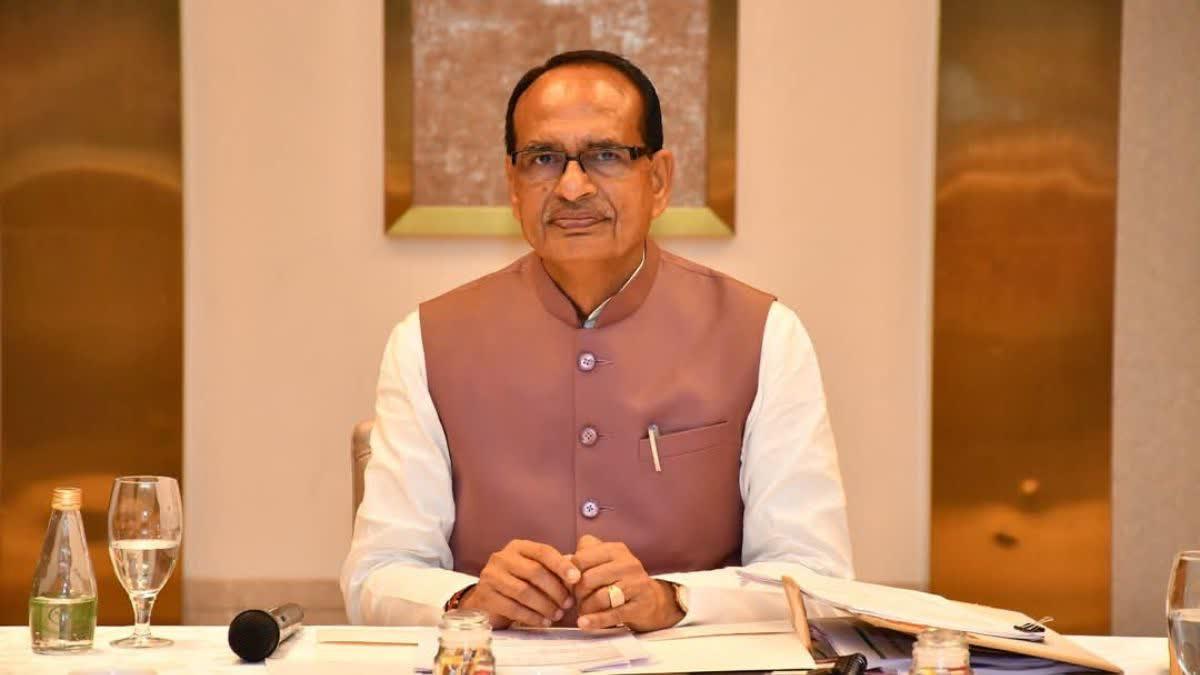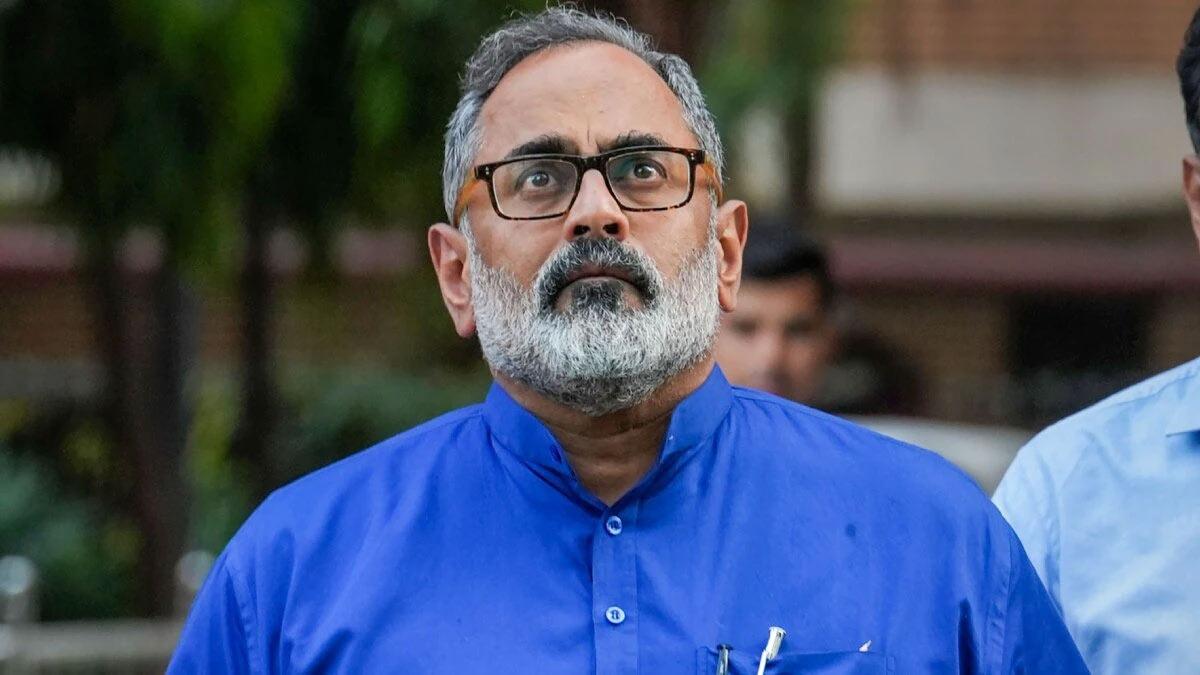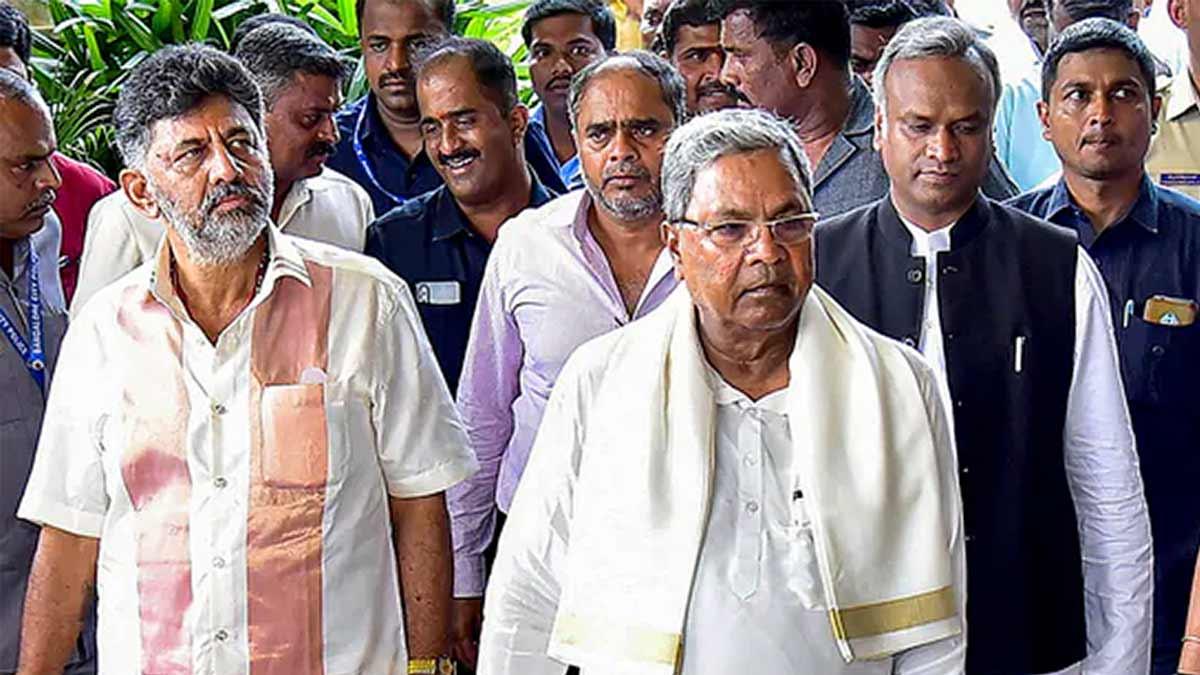An examination conducted by global brokerage UBS spanning the past four general election manifestos from 2004 to 2024 reveals an interesting trend: the Modi government appears to have outperformed the Congress in fulfilling their respective manifesto promises.
UBS points to the Modi government's strategic emphasis on striking a balance between economic reforms and social welfare initiatives aimed at uplifting the underprivileged segments of society. These initiatives encompass a range of measures such as ensuring access to clean drinking water for every household, facilitating state-backed housing support and medical insurance, promoting financial inclusion through the opening of bank accounts, distributing free LPG connections, and providing free food rations, among others. According to UBS, this multi-pronged approach seems to have resonated positively with the electorate.
In addition to its economic agenda, recent opinion polls indicate that the government's handling of key issues like the COVID-19 crisis, the construction of the Ram Temple, and the abrogation of Article 370 have contributed significantly to consolidating support for the ruling party, as observed by UBS.
Despite certain challenges such as fluctuating rural demand due to weather-related uncertainties and subdued growth in rural wages, compounded by the government's supply-side interventions aimed at curbing inflation, the Modi administration has refrained from announcing major populist schemes specifically targeted at rural voters in the lead-up to the 2024 elections, UBS notes.
Instead, there has been a discernible shift towards a more inclusive growth strategy, partly driven by the imperative to mitigate the economic fallout of the pandemic. Expenditure on rural-focused initiatives, including those related to drinking water provision, employment support, housing, and rural infrastructure development, has witnessed a commendable 16 percent Compound Annual Growth Rate (CAGR) between FY19 and FY24, according to UBS. Interestingly, UBS also observes a notable elevation in the prominence of women-centric policies since 2023.
The trend of political parties increasingly rolling out targeted welfare measures for women, encompassing cash assistance, subsidies for bus travel, legislative initiatives aimed at safeguarding women's rights, among others, is intricately linked to the rising participation of women in the electoral process. Notably, in a significant departure from previous elections, the 2019 polls witnessed a reversal in voter turnout dynamics, with female voter turnout surpassing that of males, as highlighted by UBS.
Read also | SP Faces Setback as Apna Dal (K) Plans to Contest Three Seats in UP
Read also | Tamil Nadu CM Stalin Proposes Regular Caste Census Under INDIA Bloc Governance

